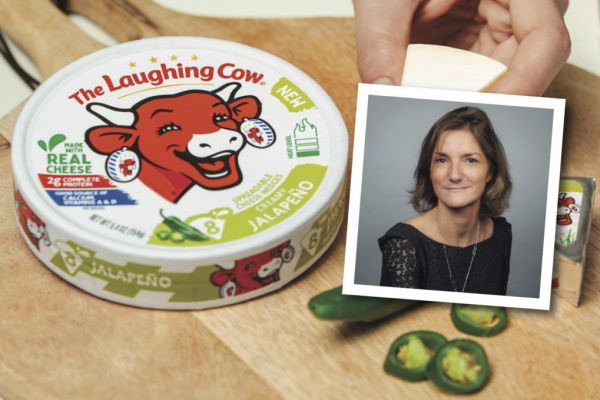Sustainability’s growing importance in purchasing decisions underscores the need for retailers to engage sustainability-focused consumers more effectively. This article first appeared in ESM’s September/October 2023 edition.
In the competitive grocery retail environment, sustainability is an increasingly important demand driver. During the pandemic, demand among European consumers for sustainable products surged, and they commanded a significant premium.
As we have entered a period of high inflation, however, we’ve seen a short blip in which sustainability-marketed products have underperformed in their categories overall, but sustainability still matters to consumers and will continue to grow in importance as a shaper of future demand.
In the short term, at least, the market for sustainable products has become very retailer driven. A 2021 study by the European Commission’s Directorate-General for Trade found that 98% of retailers said that sustainability was a key factor in product-sourcing, while 92% said that they had actually expected to see sales of sustainable products grow faster than they have.
Consumers Shop With A Sustainability Focus
As consumers have adapted their shopping behaviours to cope with inflation, they have become increasingly attracted to sustainability claims that add more value, including products that create less waste and offer greater reuse potential.
A recent study by Circana, Race For Resilience – Sustainability: No Plan B, found that sustainability continues to be a demand driver, even as consumers adapt to the cost-of-living crisis. It noted that shopping cohorts under 40 years of age cite sustainability as a ‘non-negotiable’ factor, despite the ongoing economic challenges.
As the study found, 29% of European shoppers said that they are increasingly seeking out products that are good for the environment or from a socially responsible brand, while 49% said that they are monitoring how much of a product they need to use more often, so they use and waste less. These shoppers are more likely to buy products on deal, but they are also assessing the relative sustainability of said products. They prefer options that are sustainable, ethically produced, local, Fairtrade, recycled, or feature circular-economy credentials.
In addition, while good prices, promotions and deals are the top factors in decision-making, shoppers also cite options that are healthy, plant based, and good for the environment as their next most important considerations.
Promoting Sustainability Claims Is Key
In many cases, packaging is the ‘moment of truth’ when it comes to promoting a product’s sustainability claims. If the product boasts clean ingredients, quality, health benefits, or other sustainable benefits, the packaging and associated marketing must clearly communicate this.
Consumers need to be educated about the sustainability of a particular product because, in many cases, they would go elsewhere if they thought it was not sustainable.
A Circana survey from April of this year found that three quarters (76%) of European consumers said that they had decided against purchasing a new product based on the belief that it was not good for the environment.
This isn’t just a consideration for national brands, either. A separate survey, conducted in the summer of 2022, found that 66% of regular private-label shoppers believe store brands to be as sustainable as national brands, while 25% believe them to be more sustainable. More than half of this price-conscious, deal-hungry cohort said that they actively look at product claims and ‘seek out’ sustainable products every time they shop.
Monitoring Shifts in Sustainability Trends Is a Growing Imperative
These findings confirm that resilient, growth-focused retailers should never waver in their commitment to sustainability. Circana can help retailers achieve this with effective market management solutions, and through the use of shopper studies and other tools.
Using these and other related approaches, retailers can identify the most important sustainable attributes and trends. They can then innovate with the right products, packaging, merchandising, and in-store brand experiences, to meet shopper demand. By bringing their commitment to sustainability to life, retailers have an opportunity to connect more deeply with today’s – and tomorrow’s – increasingly sustainability-minded consumers.
Visit www.circana.com to learn more. Article by Angelo Massaro, EMEA Retail Lead, Circana.














